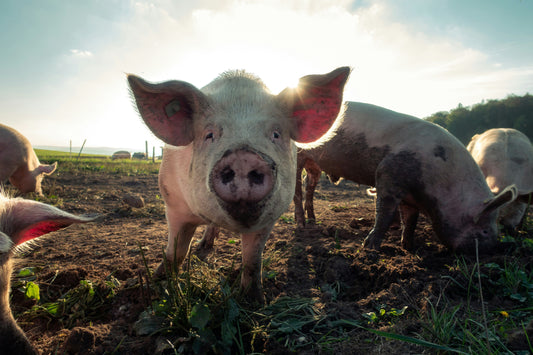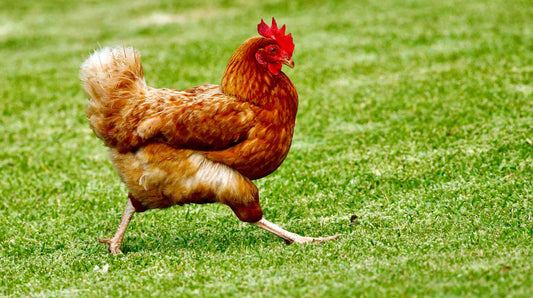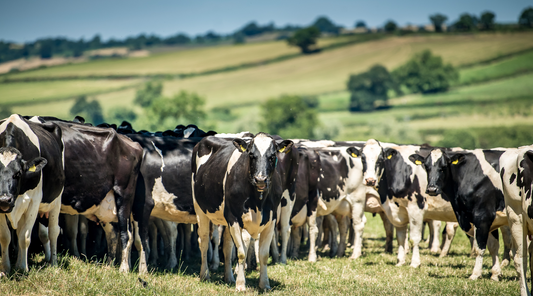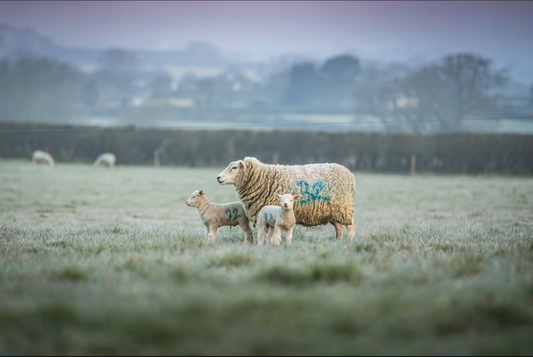Let us tell you more!
The Latest
Why Cheap Supermarket Bacon Isn’t the Bargain You Think It Is
Bacon is one of life’s simple pleasures—crispy, smoky, and packed with flavour. But not all bacon is created equal. Supermarket...
0 comments
The Truth About Organic Chicken: Why Ours Is Truly Organic from Day One
Not all organic chicken is created equal. Our chickens are organic from the moment they hatch, raised to the highest...
0 comments
Apple Cider Vinegar & Diet Trends: Do They Really Help?
Netflix’s latest series, Apple Cider Vinegar, sheds light on the dangers of unverified health claims and the wellness industry’s influence....
0 comments
Recent Posts
Subscribe Us
Subscribe to our newsletter and receive a selection of cool articles every weeks





